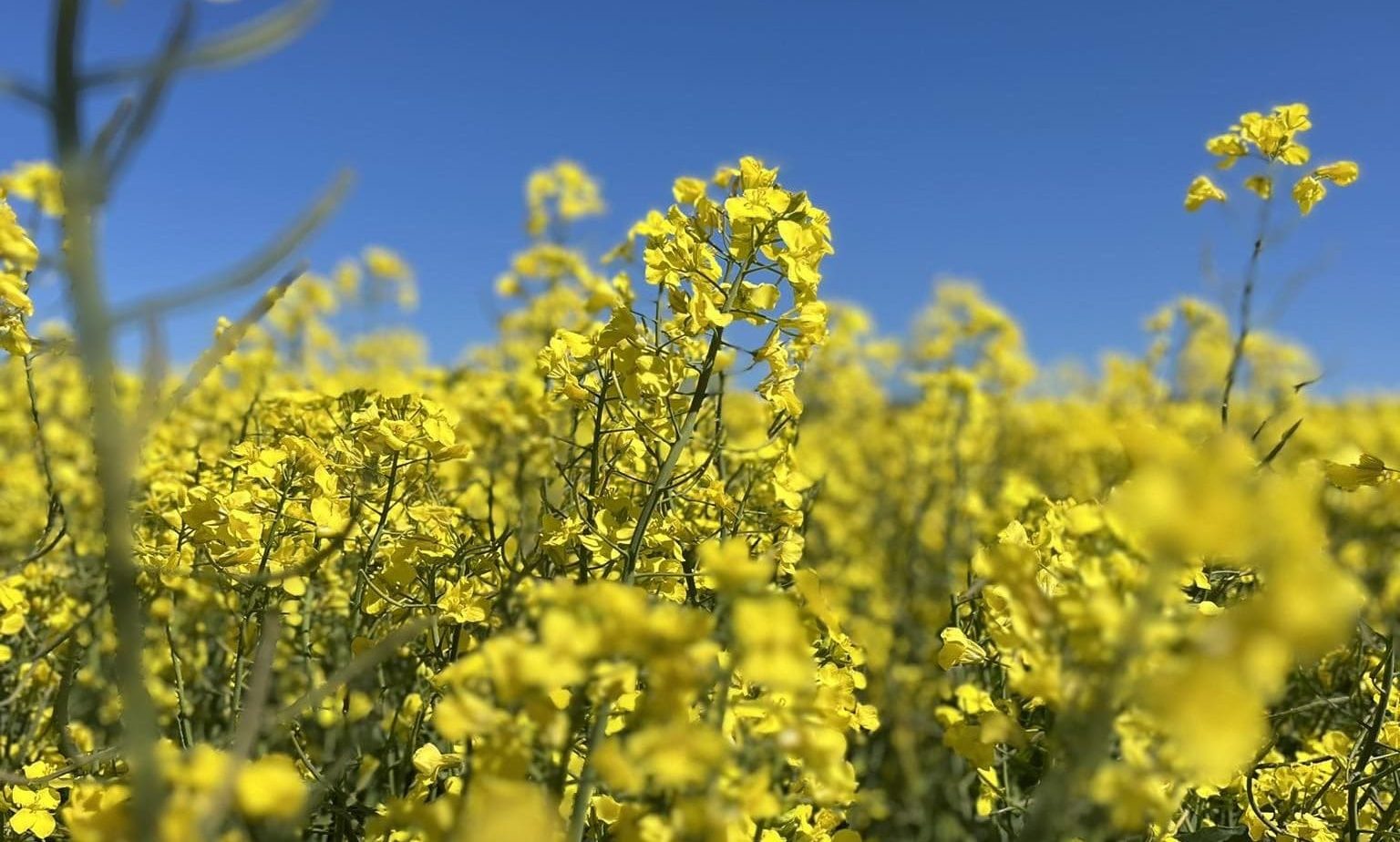
THE AUSTRALIAN Government’s Office of the Gene Technology Regulator (OGTR) has granted a licence to New Zealand-based start-up Miruku Australia to run field trials of genetically modified canola and safflower lines designed for dairy protein production.
This marks the first time these types of GM oilseed have been approved for field trials anywhere in the world.
Miruku lodged its application for GM safflower in October and GM canola in November, with public consultation held earlier this year before approvals were granted on May 29 and June 16 respectively.
Both licences are valid until December 2029, and allow Miruku to grow each crop on plots of up to one hectare in 2025, gradually expanding to as many as 20 sites of up to 5ha each by 2029.
Over the five-year trials, the maximum total planting area is capped at 206ha for the canola and 231ha for the safflower.
The field sites for both crops are permitted in New South Wales, Victoria, Western Australia, and South Australia.
According to the application, the new canola lines have been engineered to include a modified β-casein gene derived from cattle to produce dairy proteins, along with an added marker gene to provide extra herbicide tolerance.
“The purpose of the release is to assess dairy protein production in GM canola under field conditions,” the application said.
“The applicant will also evaluate agronomic performance of the GM canola lines in the field.”
Safflower lines also include the introduced β-casein gene, alongside RNA hairpin constructs and introduced marker genes for herbicide resistance and visual marker selection.
Any canola or safflower produced during the trials will not be used for commercial food or animal feed.
Instead, Miruku is proposing to process the seeds to “release the protein components to use in food products that may only be used in human sensory testing to assess their feel, smell, taste and appearance”.
Any move for the seeds to be used for human consumption would require approvals in accordance with the National Statement on Ethical Conduct in Human Research.
According to the applications, the GM canola and safflower lines are “still in development”, but initial work in controlled glasshouse trials has indicated they exhibit similar growth patterns to non-GM canola and non-GM safflower.
Negligible risk
The OGTR found that there would be “negligible” risks to the health and safety of people or the environment from the proposed field trials.
“The principal reasons for the conclusion of negligible risks are that the proposed limits and controls, such as not using GM plant material in commercial human food or animal feed, will effectively minimise exposure to the GMOs,” the OGTR said.
“In addition, there is currently no evidence to suggest the introduced genetic modifications would lead to harm to people or the environment.”
Under the licence conditions, Miruku is required to comply with OGTR guidelines covering the transport and destruction of the material, and must take steps to prevent the dispersal of the plants or their pollen beyond the trial sites.
Dairy-protein focus
Founded in 2021 and based in Palmerston North, New Zealand, Miruku has focused on developing plant-based oils designed to replicate the proteins found in dairy.
Initially, the company had been looking just to develop GM safflower lines with the addition of the modified β-casein gene.
Speaking at CSIRO’s Protein Futures event last year, Miruku chief operating officer Abby Thompson foreshadowed the company’s targeting of Australia as a trial location.
“What we are trying to do is produce affordable, scalable ingredients,” Dr Thompson said.
“This is going to be done using the power of sunlight and CO2.”
Dr Thompson said Australia offered an ideal opportunity for the company due to its agricultural systems and its positive regulatory environment.
“We see that as a real opportunity for us…in terms of the speed to market, because we think we will be able to more easily reassure the regulators that we will be able to control our modified seeds and keep them separated from the non-modified varieties.”
GM and non-genetically modified varieties of canola and safflower are or have been grown in Australia.
Other GM crops approved for cultivation in Australia include cotton and Indian mustard.

HAVE YOUR SAY